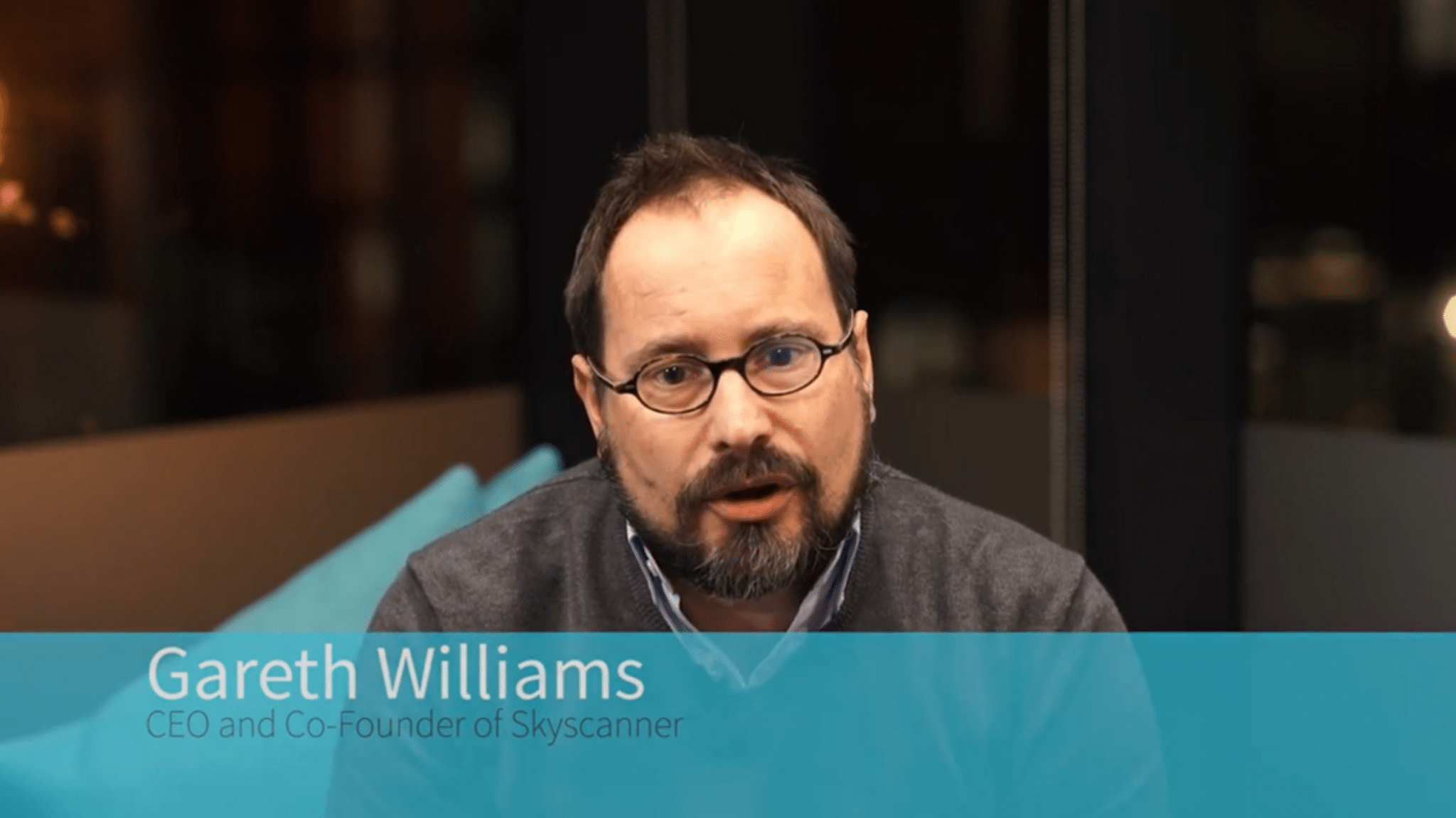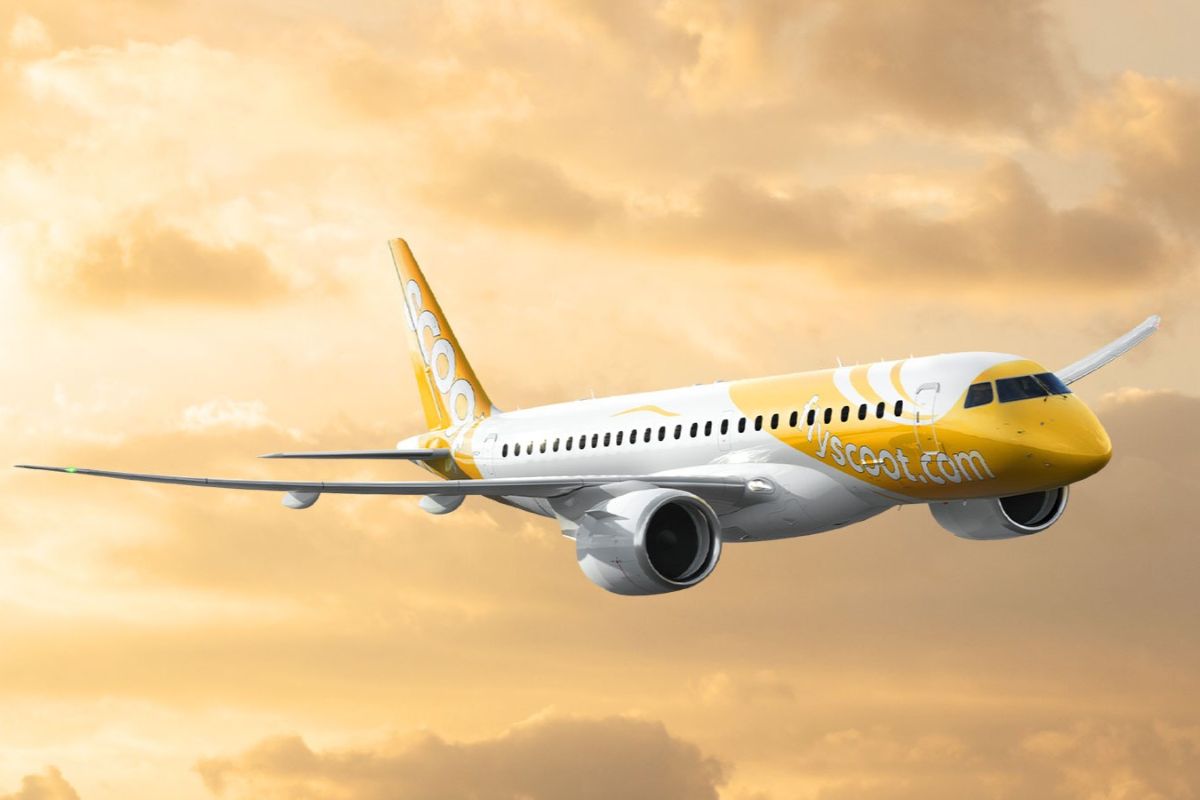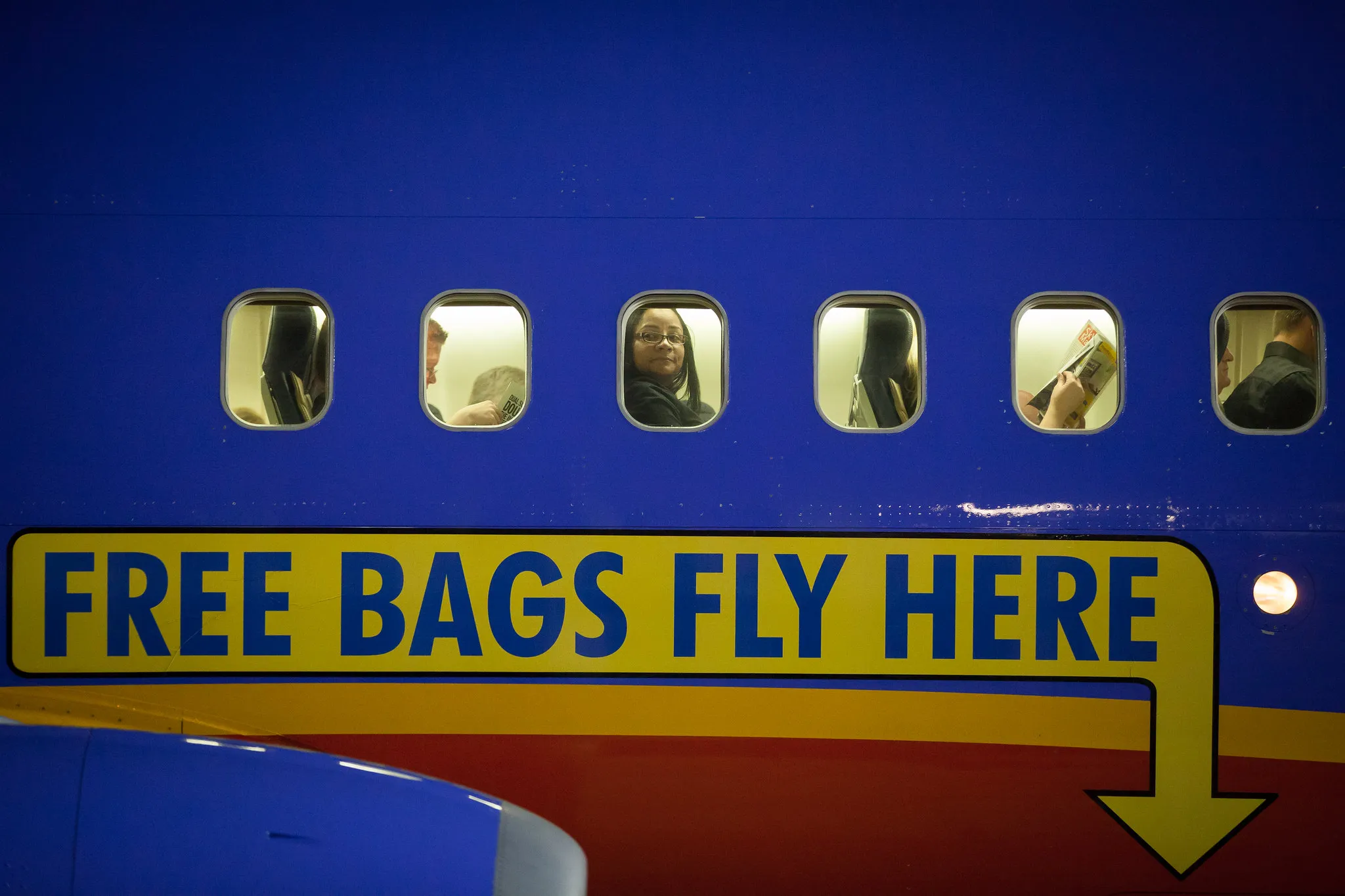Ctrip Needed and Wanted Metasearch, So It Got Skyscanner

Skift Take
The timing of Ctrip’s acquisition of Skyscanner could not have come at a more appropriate time for Skift’s research team.
In our most recent report published just this Tuesday, we analyzed every aspect of the current metasearch ecosystem. The business model, the technology, the players. Get your copy: The 2017 Outlook on Metasearch in Travel.
Here's our earliest reaction to the acquisition:
Ctrip’s acquisition of Skyscanner should not have come as a surprise when we consider the Chinese giant’s rising global ambitions in online travel. The other two big kids on the block, Priceline and Expedia, already have their meta darlings Kayak and Trivago. But Ctrip is already the powerhouse in China. It’s buyout of Expedia’s share in eLong back in May of 2015 and recent other acquisitions and partnerships with other meta players including Qunar assured its dominance over the Chinese traveler.
Beyond China, the Skyscanner acquisition was a classic power play aimed at positioning the company on a global scale, with some rather intriguing implications for the future of travel search more broadly. In this recent turn of events, the marriage between the OTA and metasearch model will likely forever remain symbiotic rather than rivalrous.
Metasearch sites are, at their core, marketing platforms for those suppliers or intermediaries hungry enough and cash rich enough to pay for meta traffic.The early and perhaps naïve vision of the independent metasearch engine that brought back truly objective search results on hotels and flights dissolved some time ago, arguably after Expedia acquired Trivago back in 2012.
In this context, we question Ctrip’s motives and whether Ctrip overpaid for Skyscanner (more details to come from our senior analyst Jared Wein) or at the very least whether they will ever see direct return on their investment. The deeper motives and benefits will become clearer as the details of the relationship unfold. Right price or wrong price, Skyscanner is among the better situated metasearch sites out there.
Competitiveness for these businesses boils down to scale, brand strength, and technology. Skyscanner hits a relative home run on all three. On the technology front, there’s the easy way and the hard way to build a meta site. The easy way is the plug-and-play way accessing inventory through GDS. The hard way is to build direct connections with the suppliers. Skyscanner went about it the hard way; operating in a fragmented European market required them to build those connections early on, and it clearly paid off for Gareth Williams and team.
The other independent meta sites, those disconnected from the big three OTAs, are surely singing after the hefty price tag $1.74 billion for a company that had barely scratched $137 million in 2015 revenue. Other players out there including Momondo are realizing the value that hotels bring as part of the metasearch revenue mix. Ctrip’s move on Skyscanner certainly brings good news from a cash raising perspective. Now TripAdvisor, with its mixed direct booking and metasearch model, will likely become an even more attractive acquisition target.
That's because TripAdvisor is also going about it the hard way with hotels and their Instant Book model. Their focus on hotels and direct connections will likely pay off for Trip in the longer term one way or the other. Monetizing air traffic as an OTA is already difficult. Margins on flight metasearch are even lower (buy our latest report to find out how low). Despite Trivago’s nil profits, higher margins clearly show that hotels are the more attractive product focus when it comes to meta.
Judging from our discussions with Skyscanner, their hotel business is growing but still on the backburner relative to their intense focus on their flights business. Ctrip's relationship with Priceline as a minority investor could also play a part in this. Both companies agree to share hotel inventory after Priceline's USD 500 million investment back in 2015. With these new synergies, Skyscanner will likely be in a better position to compete on the hotel front alongside Expedia's Trivago. In the shorter term, big financing means big budgets for marketing and advertising, a critical ingredient to the success of any online travel brand.
Purchase our most recent research for the most comprehensive analysis on the global metasearch ecosystem: 2017 Outlook on Metasearch in Travel




